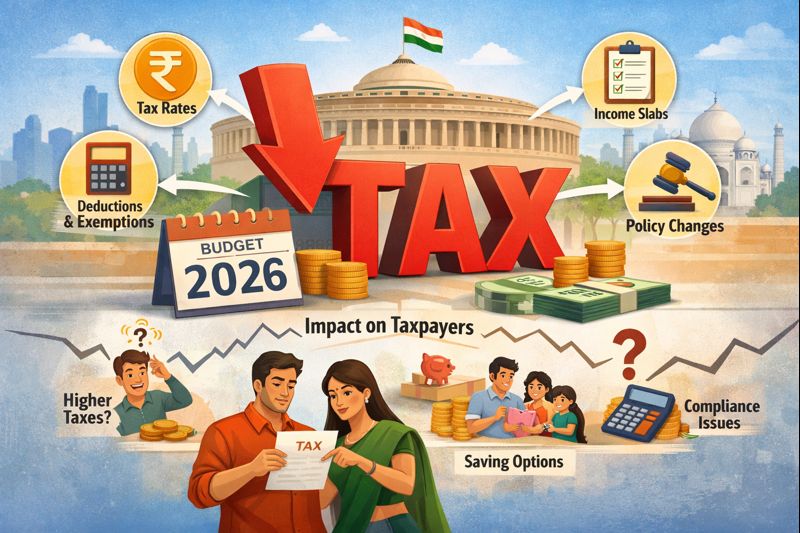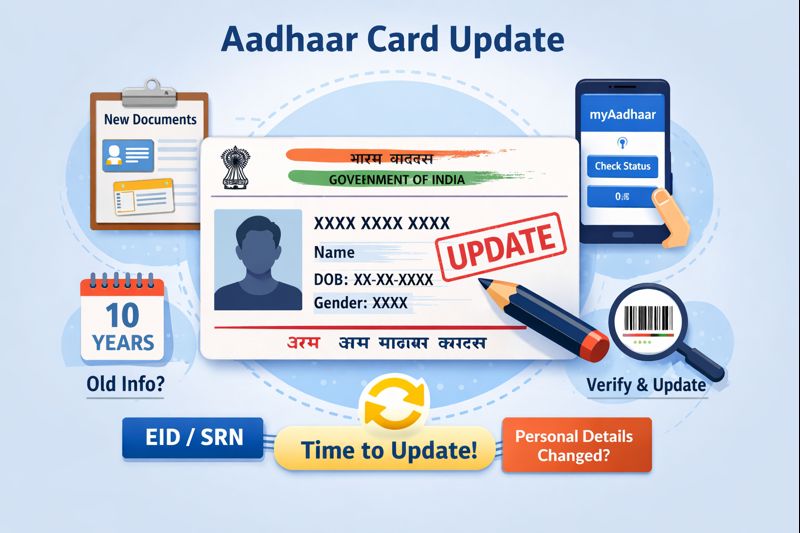Union Bank of India has launched a major recruitment campaign for 2025, with over 2,000 job openings across different roles. This presents an excellent opportunity for aspiring candidates to start a career in the banking industry.
Union Bank of India is accepting applications for Apprentice positions. Interested candidates can apply online at unionbankofindia.co.in. The recruitment drive aims to fill 2,691 vacancies, and the registration window is open from February 19 to March 5, 2025. In this Blog, we will share a complete guide on the recruitment process, eligibility criteria, and application procedure.
History and Overview of Union Bank
Union Bank of India (UBI) is a prominent public sector bank in India, recognized for its comprehensive banking services and focus on customer satisfaction. Founded on November 11, 1919, in Mumbai, it has been a key player in India’s financial landscape for more than 100 years.
Key Milestones:
- 1919: Established as a limited company in Mumbai.
- 1947: Expanded operations significantly after India’s independence.
- 1969: Nationalized with 13 other major banks, boosting its role in economic progress.
- 2007: Introduced digital banking services to improve customer experience.
- 2020: Merged with Andhra Bank and Corporation Bank, solidifying its position as one of India’s largest public sector banks.
Current Overview:
- Headquarters: Mumbai, Maharashtra
- Branches & ATMs: Over 9,500 branches and more than 12,800 ATMs across India
- Global Presence: Branches in Dubai, Hong Kong, and international collaborations
- Core Services: Retail banking, corporate banking, digital banking, wealth management, and MSME financing
Eligibility Criteria for the Union Bank Recruitment Process
Applicants must hold a graduate degree from a recognized university or institute. They should have completed their graduation and obtained a passing certificate on or after April 1, 2021. As of February 1, 2025, candidates must be between 20 and 28 years of age.
What is the Selection Process for Union Bank?
The recruitment process includes:
- Online Examination covering General/Financial Awareness, General English, Quantitative & Reasoning Aptitude, and Computer Knowledge (100 questions, 100 marks).
- Knowledge & Local Language Test
- Waitlist Preparation
- Medical Examination
Candidates who have paid the exam fee will receive the exam schedule from BFSI SSC.
Application Fee for the Union Bank’s Latest Job Openings
| Category | Application Fee (+ GST) |
| General/OBC | ₹800 |
| SC/ST & Female Candidates | ₹600 |
| PwBD Candidates | ₹400 |
Note: Payments must be made online through the designated payment gateway. For more details, visit the official website of the Union Bank of India.
How to Apply for the Union Bank’s Latest Job Openings
- Go to the Official Website: Visit unionbankofindia.co.in.
- Open the Recruitment Section: Click on the “Recruitments” tab on the homepage to check available positions.
- Register Yourself: Select “Apprentice Recruitment 2025“, then enter your name, date of birth, email ID, and mobile number to sign up.
- Fill Out the Application Form: Log in with your credentials, provide personal and educational details, and upload necessary documents such as a recent photo, signature, and certificates.
- Pay the Application Fee: Complete the payment online via debit card, credit card, or net banking.
- Submit and Save: Double-check all details before submitting. Once done, download and print a copy for reference.
Why should you Join the Union Bank of India?
Union Bank of India is a leading public sector bank, offering a stable and fulfilling career for those looking to grow in the banking industry. Here’s what makes it an excellent choice:
1. Secure Employment & Career Progression: As a government-owned bank, it provides long-term job security and a well-structured career advancement system.
2. Competitive Salary & Benefits: Employees enjoy attractive salary packages, annual increments, dearness allowance, and other financial perks.
3. Extensive Employee Benefits: The bank offers medical facilities, health insurance, and pension plans, ensuring financial well-being even after retirement.
4. Opportunities for Growth: A transparent promotion policy allows employees to advance based on performance and experience.
5. Incentives & Rewards: Employees who perform exceptionally well receive bonuses and additional incentives.
6. Skill Development & Training: Regular training programs help employees enhance their expertise in banking, finance, and technology.
Important Dates:
- Application Period: February 19 – March 5, 2025
- Online Exam Date: Yet to be announced; candidates will be notified of the exam schedule by BFSI SSC after completing the fee payment.
Final Thoughts
If you’re aspiring for a rewarding career in banking, Union Bank Recruitment 2025 is a great opportunity. Keep an eye on the official website for detailed notifications and verify your eligibility before applying. Stay updated for announcements on exam dates and results!
FAQs
Q1. Is Union Bank a Government Bank?
Ans. Yes, Union Bank of India is a public sector bank owned by the government. It was nationalized in 1969 and functions under the Ministry of Finance, Government of India.
Q2. Does Union Bank offer jobs for freshers in 2025?
Ans. Yes, Union Bank of India is providing job opportunities for freshers in 2025 through its recruitment drive, which includes apprenticeship programs and entry-level roles. Interested candidates can visit the official website for detailed eligibility criteria and application guidelines.
Q3. How much salary is offered in the Union Bank of India recruitment program in 2025?
Ans. In Union Bank of India’s 2025 recruitment program, candidates selected for the Local Bank Officer (LBO) role will earn a monthly salary between ₹48,480 and ₹85,920.
Q4. Has Union Bank of India issued admit cards for the 2025 Local Bank Officer recruitment exam?
Yes, Union Bank of India has released the admit card for the 2025-26 Local Bank Officer (LBO) recruitment exam. Candidates can download it from the official website, unionbankofindia.co.in, or through the IBPS portal.







